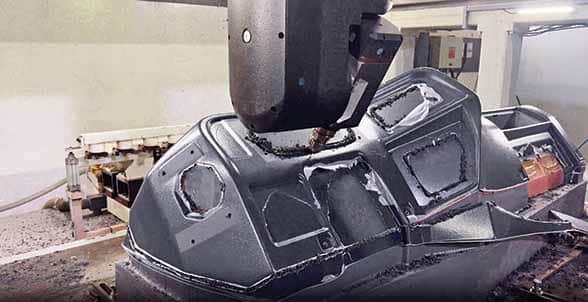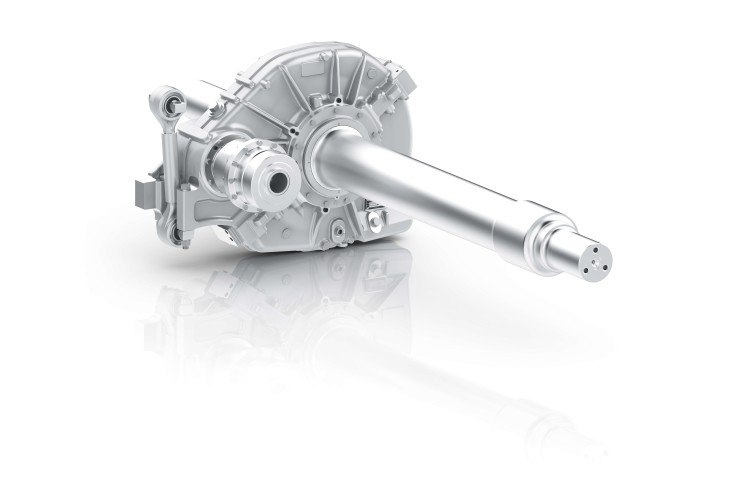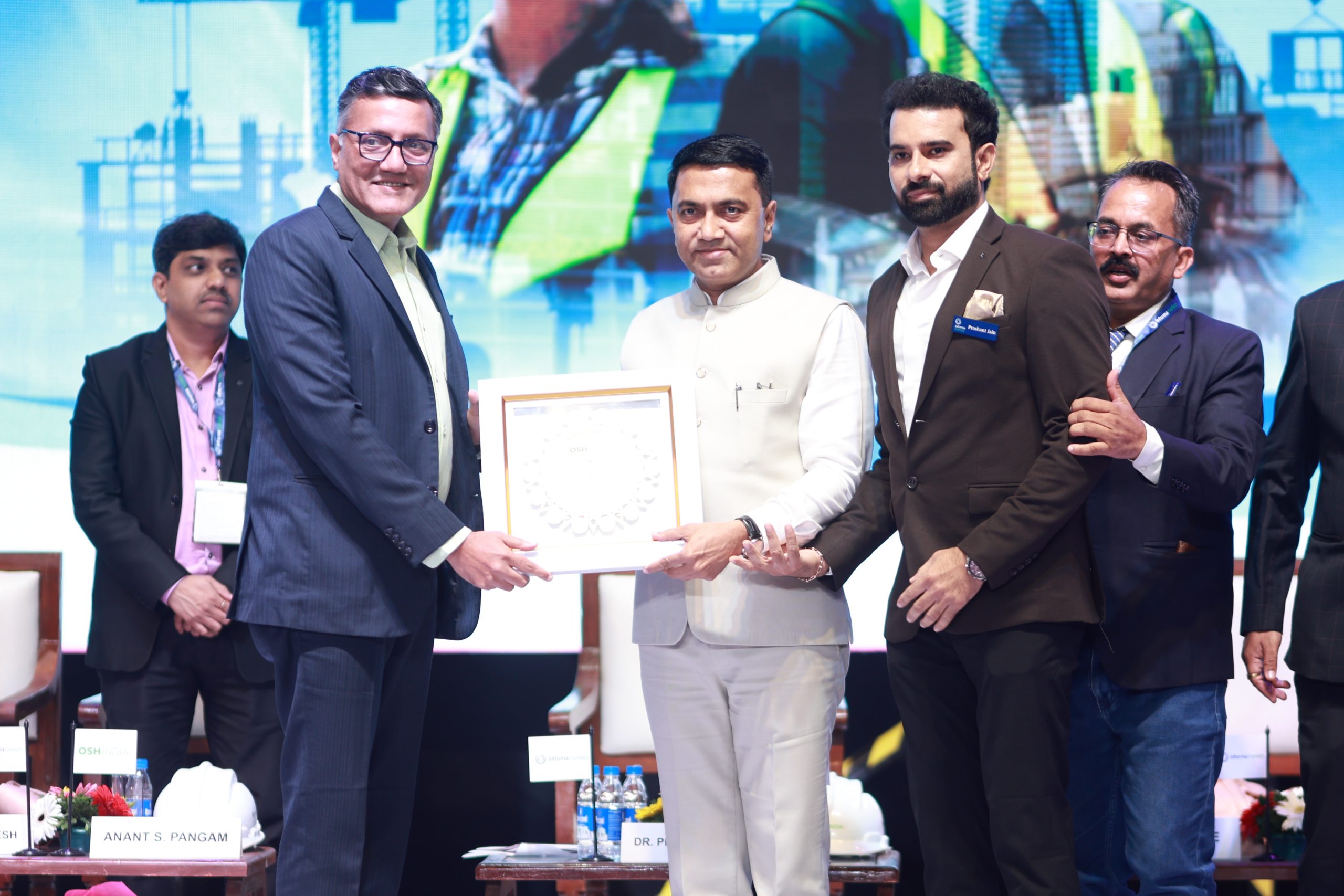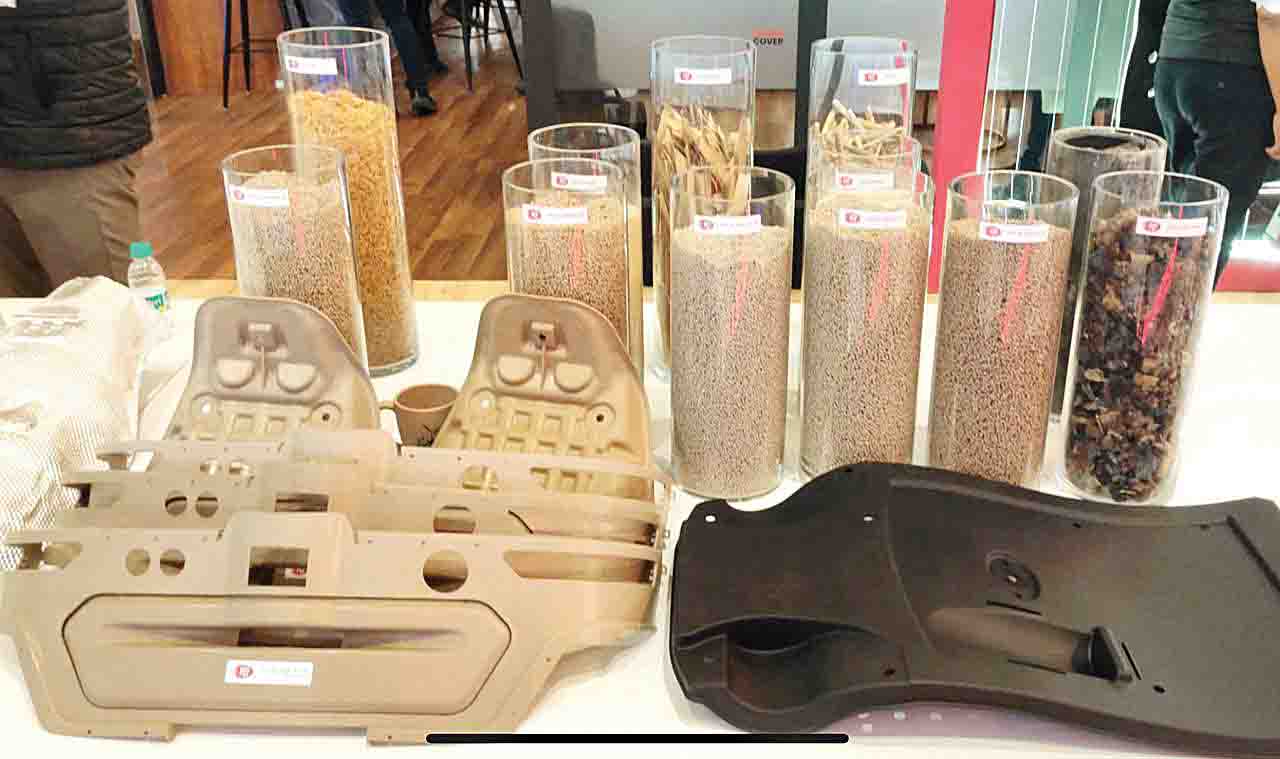The 2024 budget has introduced several changes with significant implications for the automotive ecosystem. Ashish Bhatia looks at the positive aspects and areas that could have been addressed.
The automotive ecosystem, encompassing and not limited to vehicle manufacturers, component suppliers, and logistics providers, stands to benefit from several budgetary measures.
Taxation and Incentives
The budget has streamlined tax structures and introduced incentives for Electric Vehicles (EVs) and hybrid technology. These incentives aim to promote green mobility and reduce the carbon footprint of the transportation sector. Tax rebates and subsidies for EV manufacturers and buyers are expected to drive higher adoption rates, benefiting both the environment and the economy.
Infrastructure Development
Significant allocations have been made for infrastructure development, including highways and urban transport systems. Improved infrastructure is crucial for the automotive industry as it directly affects the efficiency and cost of transportation and logistics. Better roads and transport networks reduce transit times and vehicle wear and tear, leading to cost savings for logistics companies and fleet operators.
Positive Impacts on Commercial Vehicles and Transportation
Commercial vehicles form the backbone of the transportation and logistics sector. The budget’s focus on infrastructure and incentives for fleet modernisation will have a profound impact on this segment. The budget has allocated funds for the replacement of old, polluting vehicles with newer, more efficient models. This initiative is expected to reduce maintenance costs and improve fuel efficiency, providing economic benefits to fleet operators. Additionally, it will enhance road safety and reduce environmental pollution.
Fuel Pricing and Subsidies
Adjustments in fuel taxation and the introduction of subsidies for alternative fuels like CNG and LNG are set to make commercial transportation more cost-effective. These changes will encourage the adoption of cleaner fuels, reducing the overall operational costs for logistics companies.
The auto components sector, a vital part of the automotive supply chain, will experience both direct and indirect impacts from the budget. To reduce dependency on imports and support local manufacturers, the budget has increased import duties on certain auto components while providing incentives for domestic production. This move is aimed at boosting the local economy, creating jobs, and reducing the trade deficit.
Research and Development
Investments in Research and Development (R&D) for advanced automotive technologies, including EV components and smart vehicle systems, have been prioritised. Grants and subsidies for R&D will drive innovation and ensure the sector remains competitive globally. Changes in taxation, commodity prices, and overall economic policies have a significant influence on buyer and seller sentiment within the automotive industry.
Commodity Prices
The budget has addressed the volatility in commodity prices by introducing stabilisation measures. For instance, the imposition of price controls and subsidies on raw materials like steel and aluminum will help stabilise input costs for vehicle and component manufacturers. This stability is crucial for maintaining consistent pricing strategies and margins.
Tax Reforms
Simplified tax procedures and reduced GST rates for certain vehicle categories will make vehicles more affordable for buyers. This affordability is likely to boost sales volumes and enhance market penetration, particularly in price-sensitive segments like commercial vehicles.
Overall, the budget’s focus on economic stability and growth has bolstered market confidence. Both buyers and sellers perceive these measures as positive steps towards a more predictable and supportive business environment. Increased government spending on infrastructure and incentives for modernisation are viewed favorably, leading to an optimistic outlook for the sector.
Areas for Improvement and Missed Opportunities
While the budget includes several positive measures, there are areas where it could have done more to support the automotive ecosystem. Although incentives for EVs are welcome, the budget falls short on measures to develop a comprehensive EV infrastructure, including charging stations. Without robust infrastructure, EV adoption may face significant hurdles.
Support for Small and Medium Enterprises (SMEs)
The budget could have provided more targeted support for SMEs in the auto components sector. These businesses often lack the resources to invest in R&D and modernisation, and additional subsidies or grants could have spurred growth and innovation.
Focus on Public Transportation
While the budget emphasises road infrastructure, it could have placed greater emphasis on public transportation systems. Investing in efficient public transport can reduce traffic congestion and pollution, complementing the shift towards sustainable mobility.
Training and Skill Development
The automotive industry’s shift towards advanced technologies requires a skilled workforce. The budget could have allocated more resources for training and skill development programs to ensure the workforce is equipped to handle new technologies and innovations.
Conclusion
The 2024 budget introduces several measures that collectively aim to revitalise the automotive ecosystem, with a particular emphasis on automotive ecosystem including components, commercial vehicles, transportation, and logistics. While there are numerous positive aspects, including tax incentives, infrastructure development, and support for local manufacturing, there are also areas where the budget could have been more comprehensive. By addressing the gaps in EV infrastructure, providing targeted support for SMEs, emphasising public transportation, and investing in skill development, future budgets can further strengthen the automotive sector, ensuring sustainable growth and long-term success.















Leave a Reply